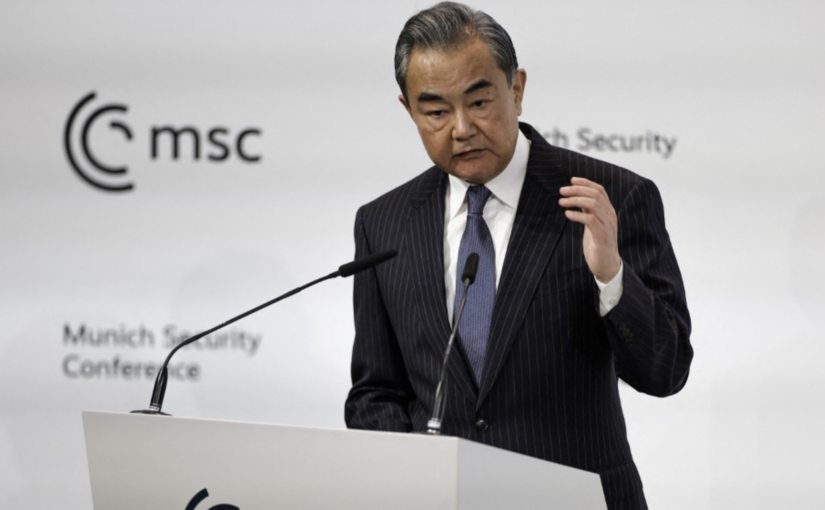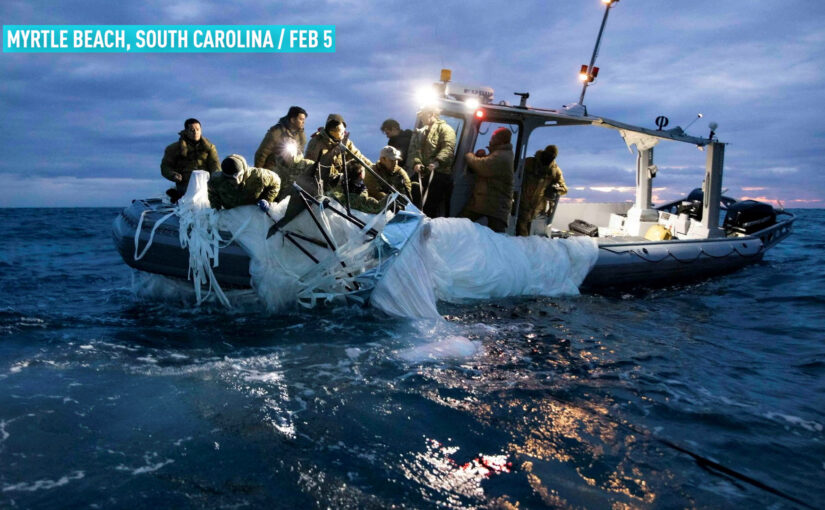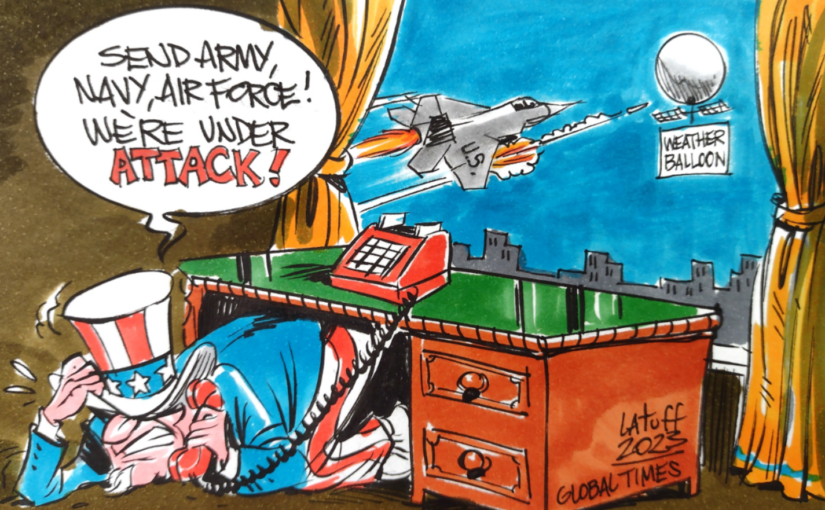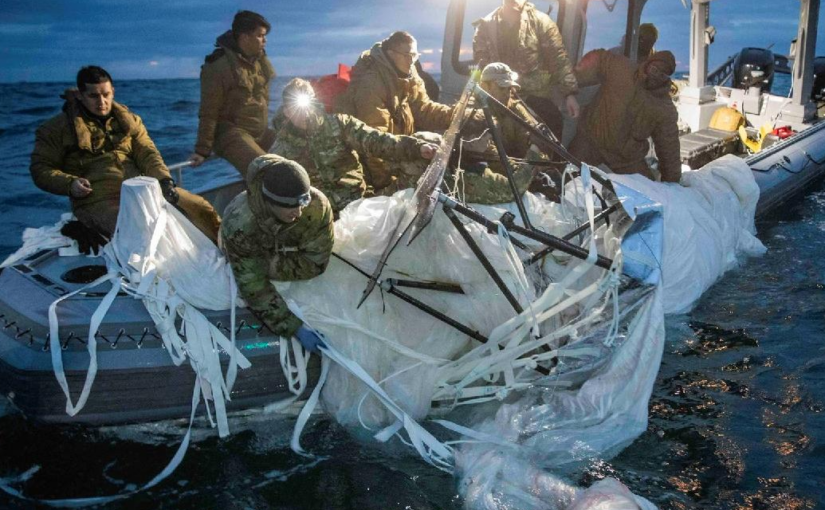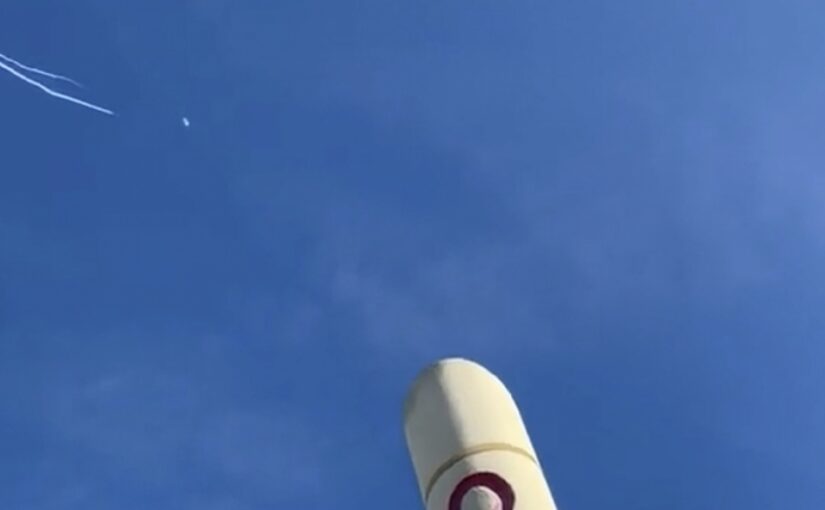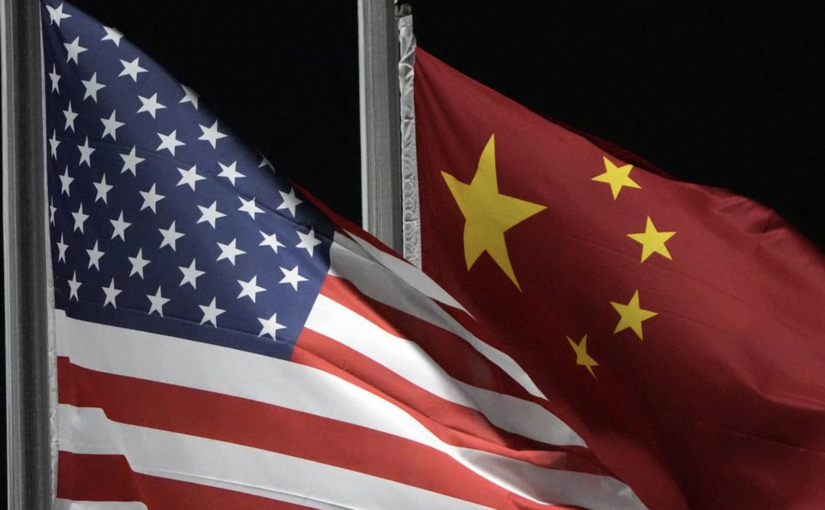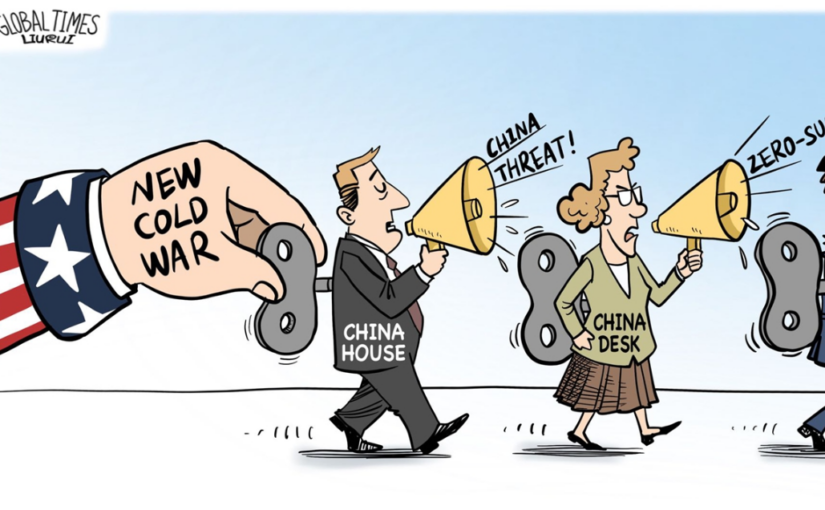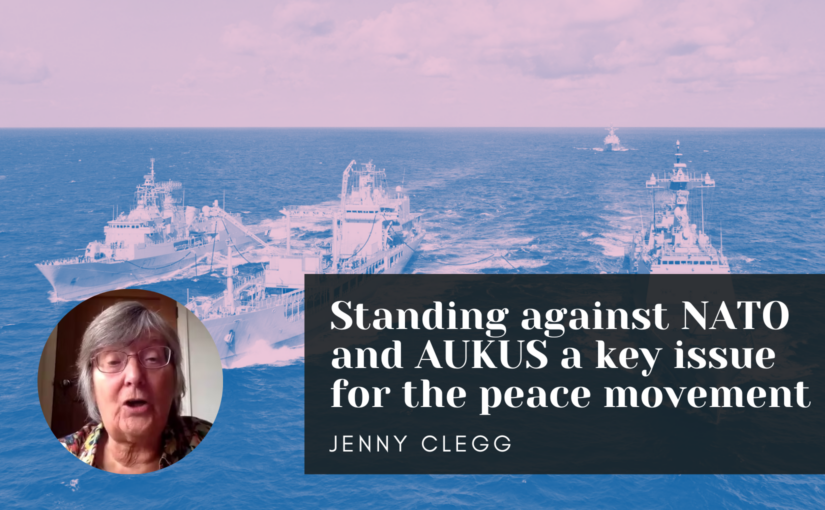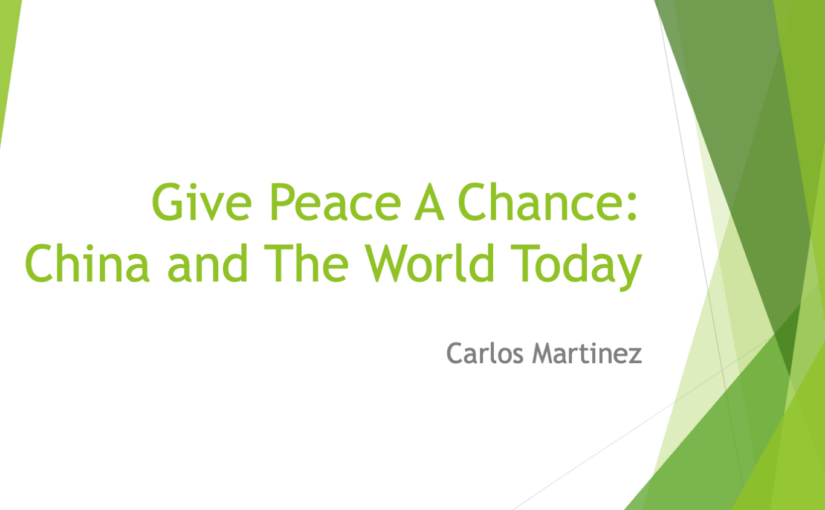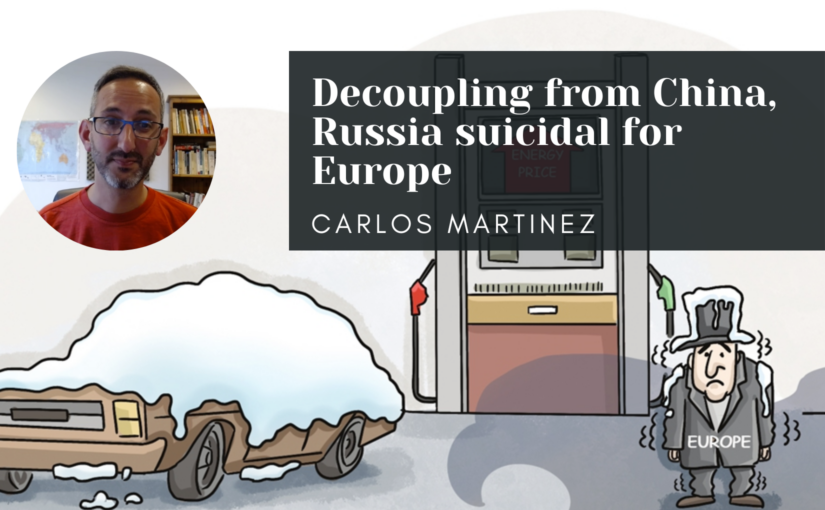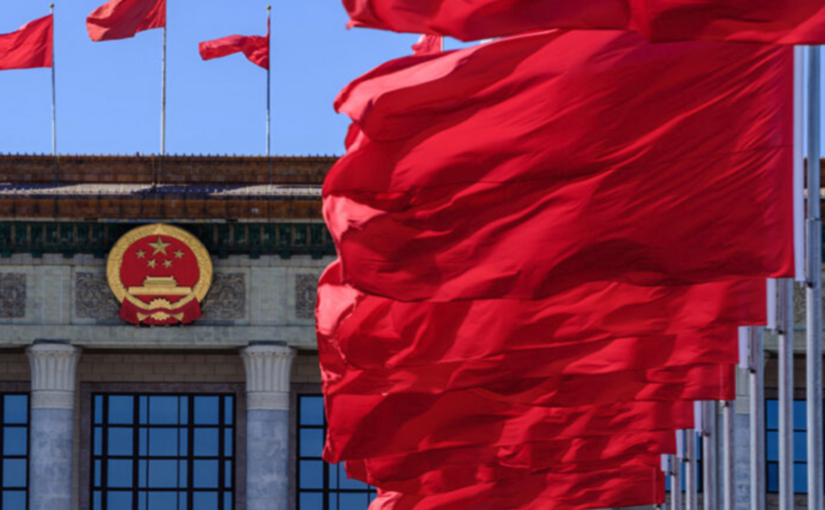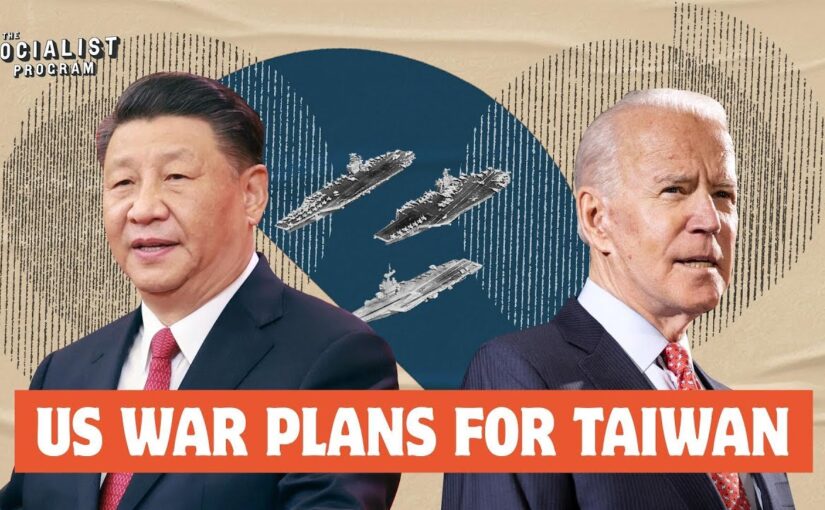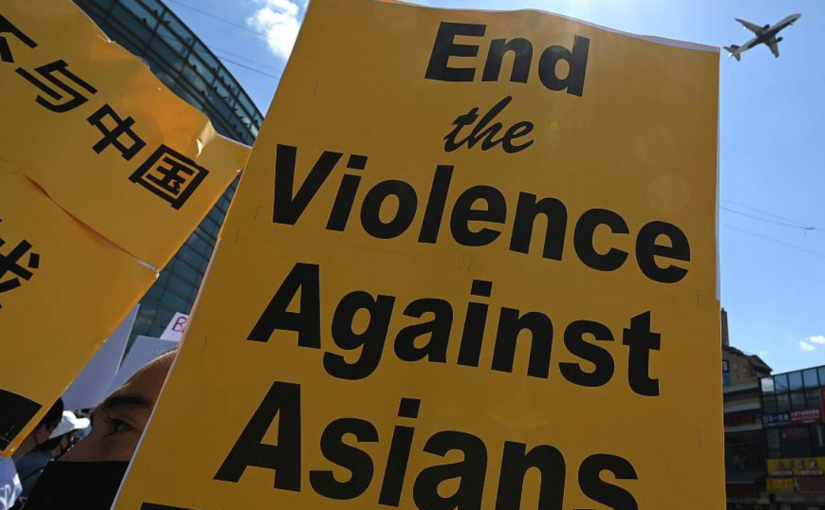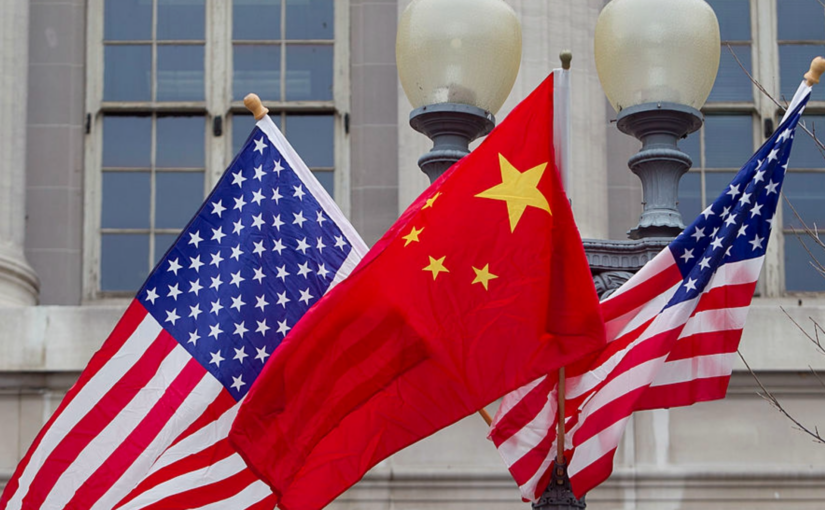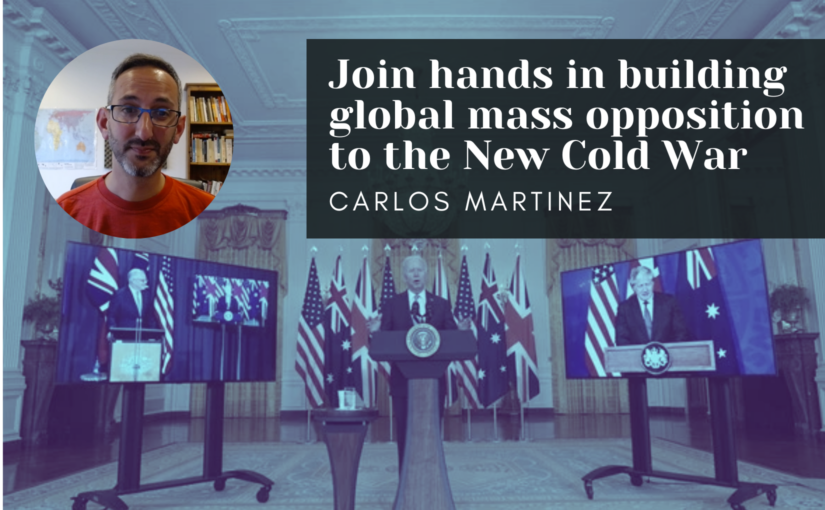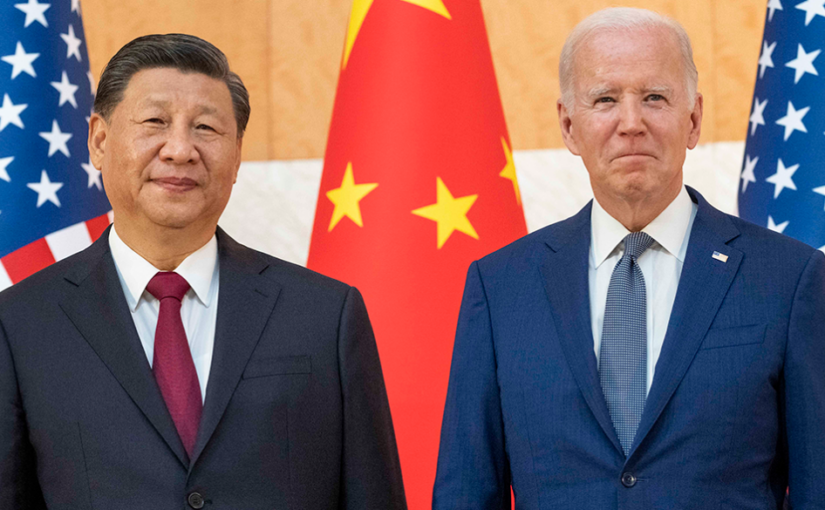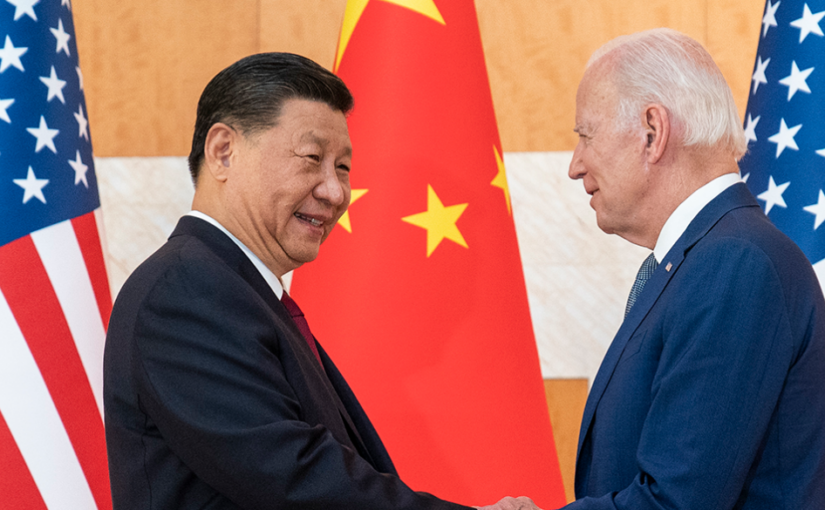On February 18, Wang Yi, Member of the Political Bureau of the CPC Central Committee and Director of the Office of the Central Commission for Foreign Affairs, delivered a keynote speech at the 59th Munich Security Conference.
Towards the start of his speech, entitled Making the World a Safer Place, Wang recalled that they had last gathered in the German city three years ago at the start of the Covid-19 pandemic. That experience had shown that: “We can overcome challenges when we stand together; we can win victory when we trust each other.”
However: “Three years on, the pandemic is contained, but the world is not yet safer. Trust between major countries is lacking, geopolitical rifts are widening, unilateralism is rampant, the Cold War mentality is back, new types of security threats from energy, food, climate, bio-security and artificial intelligence keep emerging.
“Standing at a critical juncture of history, human society must not repeat the old path of antagonism, division and confrontation, and must not fall into the trap of zero-sum game, war and conflict.”
Stressing the need to respect the sovereignty and territorial integrity of all countries, Wang Yi noted that, “interference in other countries’ internal affairs, in whatever name, disregards and defies the basic norms of international relations” and warned that violations of the One China Policy, “pose real threats to peace and stability across the Taiwan Strait.”
Calling for the peaceful settlement of disputes, Wang Yi said that, “however difficult the situation is, peace should be given a chance,” adding that, with regard to the conflict in Ukraine, “China’s position boils down to supporting talks for peace. We will put forth China’s proposition on the political settlement of the Ukraine crisis, and stay firm on the side of peace and dialogue.”
China’s top diplomat also asserted that: “The world should not be a place where the rich stay rich while the poor remain poor. Efforts should be stepped up in implementing the UN 2030 Agenda for Sustainable Development, the legitimate right to development of all countries, especially developing countries, should be effectively protected.” Refuting the idea that China would renounce the path of peaceful development as it became stronger, he insisted that, “China’s experience shows that the path of peaceful development has worked, and worked well.”
After his speech, Wang Yi took questions from his audience, a number of which focused on the state of China-US relations following the US shooting down of an unmanned Chinese airship that had strayed off course due to climatic conditions. He described this incident as, “a political farce manufactured by the United States” and continued:
“This mind-boggling and hysterical act is a hundred percent abuse of force and a clear violation of common practice and relevant international conventions. China will never stand for this, and has lodged strong protest with the US. Each day, balloons fly across the sky in large numbers. Does the United States want to shoot them all down? What the US has done is not a sign of strength, but exactly the opposite. China urges the US to stop doing such absurd things out of domestic political needs.”
Describing China’s policy towards the United States as clear and transparent, Wang Yi added that it was based on, “mutual respect, peaceful coexistence and win-win cooperation, and, based on these principles, exploring the right way for the two major countries with different social systems, histories and cultures to get along with each other.”
The following articles were originally carried on the website of the Chinese Foreign Ministry.
Making the World a Safer Place
Ministry of Foreign Affairs of the People’s Republic of China, 18 February 2023
Keynote Speech by Director Wang Yi
Member of the Political Bureau of the CPC Central Committee and
Director of the Office of the Central Commission for Foreign Affairs
At the 59th Munich Security Conference
Conversation with China
Munich, 18 February 2023
Dear Friends,
Colleagues,
I am delighted to join you in person at the Munich Security Conference (MSC) after three years, and meet face to face with friends old and new.
I recall vividly how I came here with the Chinese delegation three years ago when COVID-19 just struck. I presented China’s efforts in fighting the virus and urged solidarity among countries in face of the trying times. The international community gave China valuable understanding and support, for which we are deeply grateful.
Humanity’s three-year fight against COVID tells us a simple truth: as President Xi Jinping repeatedly stressed, we are members of one global village, and we belong to one community with a shared future. We can overcome challenges when we stand together; we can win victory when we trust each other.
Three years on, the pandemic is contained, but the world is not yet safer. Trust between major countries is lacking, geopolitical rifts are widening, unilateralism is rampant, the Cold War mentality is back, new types of security threats from energy, food, climate, bio-security and artificial intelligence keep emerging.
Continue reading Wang Yi: However difficult the situation is, peace should be given a chance